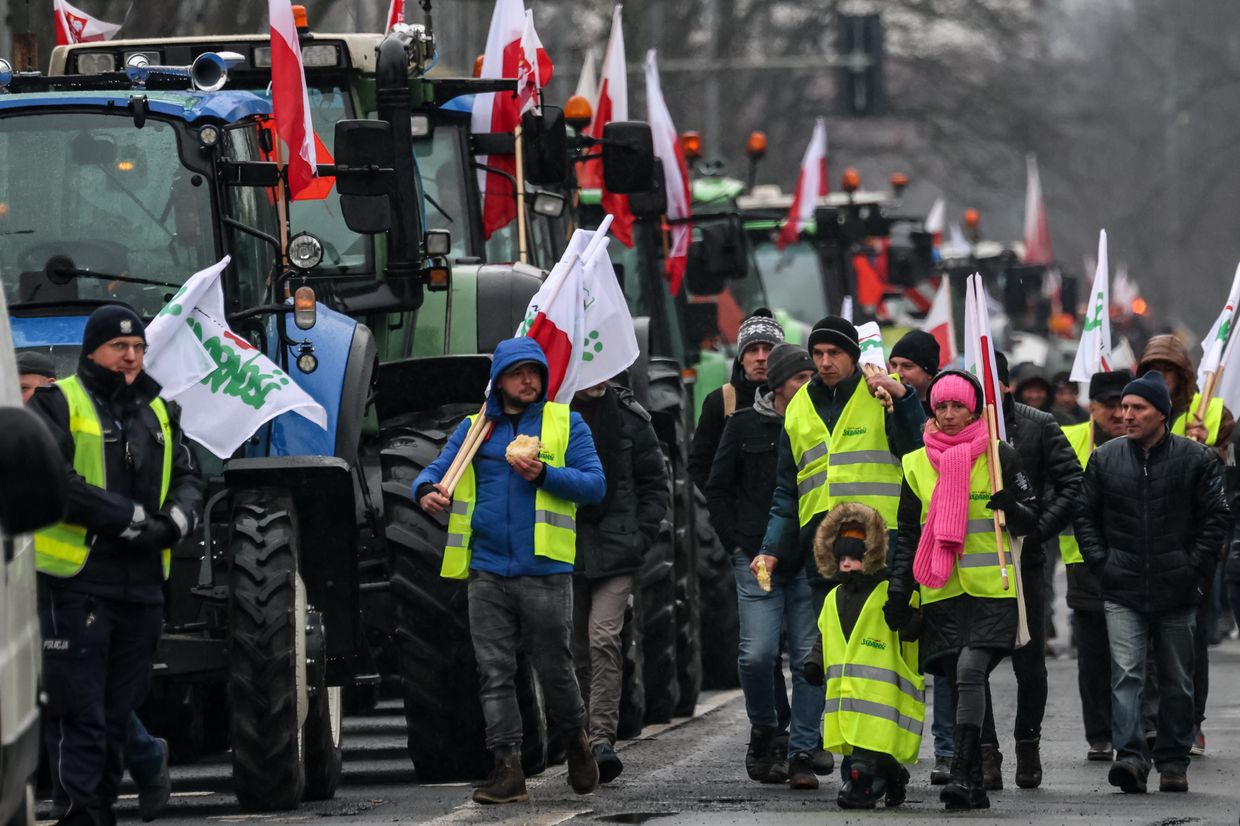Reuters: EU to step up checks on grain exports from Ukraine to ease farmers' fears

The European Union will strengthen control over carriers' compliance with agreements on transporting grain from Ukraine to address concerns of protesting farmers and free up trade, Reuters reported on March 1, citing the EU Transport Commissioner Adina Valean.
Farmers across Europe have been protesting over a range of issues, including what they claim is unfair competition brought by Ukrainian agricultural imports to the EU, which Kyiv denies.
The farmers say they have been undercut by an influx of cheaper products from Ukraine following the creation of "solidarity lanes" in May 2022 to facilitate Ukraine's agricultural exports amid Russia's blockade of the Black Sea.
Polish farmers have been blocking border crossings with Ukraine since early February, further threatening Ukraine-Poland relations, as some protestors dumped Ukrainian crops and displayed anti-Ukrainian slogans.

"Closing borders is never a good idea, even less (when those are) borders with a neighbor in such need of connectivity," Valean told Reuters in an interview.
Disputes over agricultural goods trade escalated last year when Poland's conservative Law and Justice (PiS) government introduced an embargo on Ukrainian grain and four other products, first within the EU framework and then unilaterally while allowing their transit through Poland. The current government has not lifted the measure.
"As long as the agreements are implemented correctly, there shouldn't be problems, and we are working on strengthening implementation," Valean said in the interview.
"In other words, we must check to ensure operators are not overstepping agreements, that they can only do bilateral operations, that ... they have the right to transit."
EU countries also benefit from the trade, she added, as road exports to Ukraine from Poland, Romania, and Slovakia have grown by double digits, which exceeded the increase in the volume of goods arriving from Ukraine to these countries.













